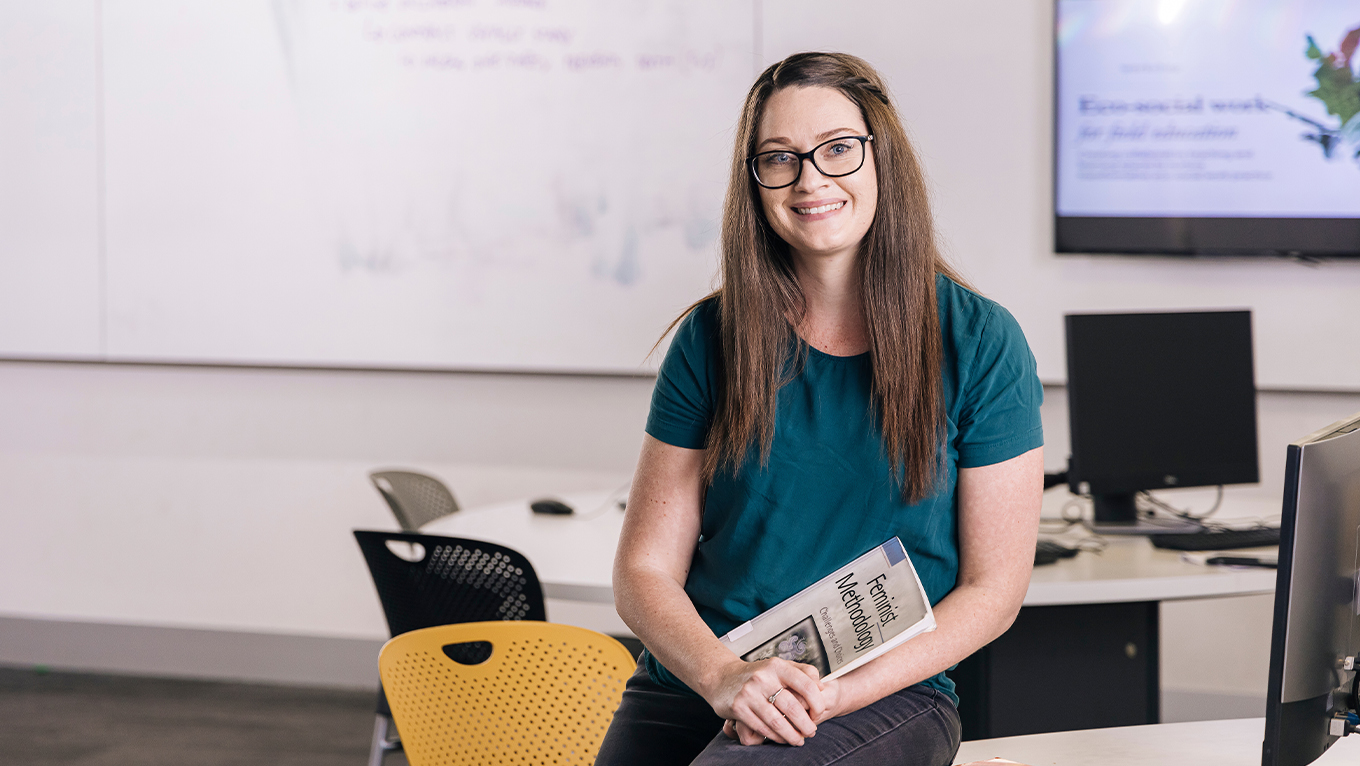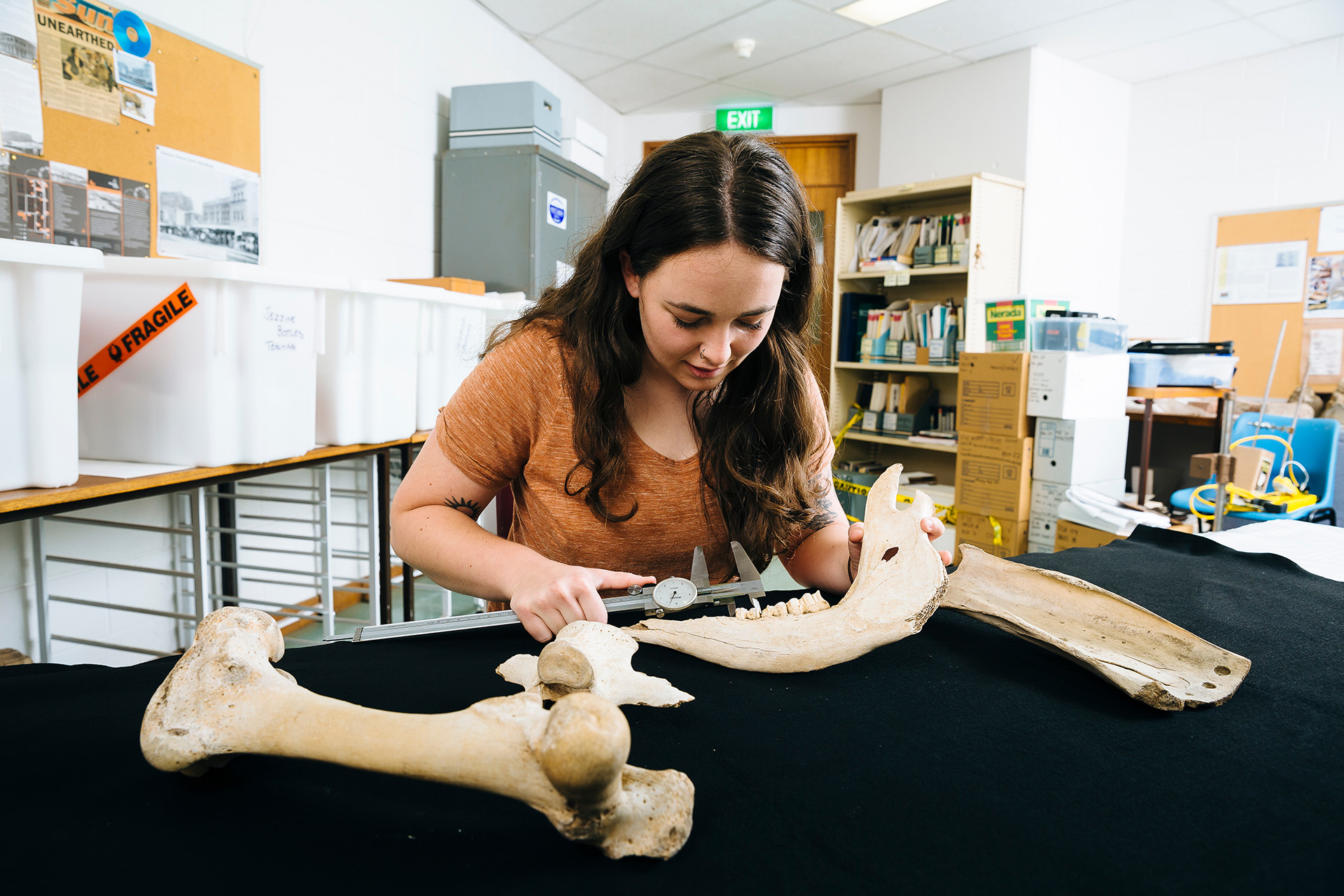CASE Research
Research
- Future Students
- JCU Global Experience
- International Students
- Student experience
- Open Day
- How to apply
- Pathways to university
- Living on Campus
- Courses
- Publications
- Mature students
- Scholarships
- Entry options
- JCU Families
- JCU Heroes Programs
- Aboriginal and Torres Strait Islander in Marine Science
- Elite Athletes
- Defence
- AI@JCU
- AALL
- Current Students
- Student Ambassador Program
- New students
- JCU Orientation
- LearnJCU
- Placements
- EDQS
- Unicare Centre and Unicampus Kids
- Graduation
- Off-Campus Students
- JCU Job Ready
- Safety and Wellbeing
- JCU Prizes
- Professional Experience Placement
- Employability Edge
- Art of Academic Writing
- Art of Academic Editing
- Careers and Employability
- Student Equity and Wellbeing
- Career Ready Plan
- Careers at JCU
- Partners and Community
- Alumni
- International partnerships
- About JCU
- Reputation and Experience
- Chancellery
- Governance
- Celebrating 50 Years
- Academy
- Indigenous Engagement
- Education Division
- Graduate Research School
- Research Division
- Research and Innovation Services
- CASE
- College of Business, Law and Governance
- College of Healthcare Sciences
- College of Medicine and Dentistry
- College of Science and Engineering
- Anthropological Laboratory for Tropical Audiovisual Research (ALTAR)
- Anton Breinl Research Centre
- Agriculture Technology and Adoption Centre (AgTAC)
- Advanced Analytical Centre
- AMHHEC
- Aquaculture Solutions
- AMHRA
- JCU Digital Wellbeing Group
- ARCSTA
- Lions Marine Research Trust
- Australian Tropical Herbarium
- Australian Quantum & Classical Transport Physics Group
- Boating and Diving
- Clinical Psychedelic Research Lab
- Centre for Tropical Biosecurity
- Centre for Tropical Bioinformatics and Molecular Biology
- CITBA
- CMT
- Centre for Disaster Solutions
- CSTFA
- Cyclone Testing Station
- The Centre for Disaster Studies
- Daintree Rainforest Observatory
- Fletcherview
- JCU Eduquarium
- JCU Turtle Health Research
- MARF
- Orpheus
- TESS
- JCU Ideas Lab
- CNL
- TARL
- eResearch
- Indigenous Education and Research Centre
- Past Course and Subject Handbooks
- Estate
- Work Health and Safety
- Staff
- Discover Nature at JCU
- Cyber Security Hub
- Association of Australian University Secretaries
- Services and Resources Division
- Environmental Research Complex [ERC]
- Foundation for Australian Literary Studies
- Gender Equity at JCU
- Give to JCU
- Indigenous Legal Needs Project
- Inherent Requirements
- IsoTropics Lab
- IT Services
- JCU Webinars
- JCU Events
- JCU Motorsports
- JCU Sport
- Library
- Mabo Decision: 30 years on
- Marine Geophysics Laboratory
- Office of the Vice Chancellor and President
- Outstanding Alumni
- Policy
- PAHL
- Queensland Research Centre for Peripheral Vascular Disease
- Rapid Assessment Unit
- RDIM
- Researcher Development Portal
- Roderick Centre for Australian Literature and Creative Writing
- Contextual Science for Tropical Coastal Ecosystems
- State of the Tropics
- Strategic Procurement
- Student profiles
- SWIRLnet
- TREAD
- TropEco for Staff and Students
- TUDLab
- VAVS Home
- WHOCC for Vector-borne & NTDs
- Media
- Copyright and Terms of Use
- Australian Institute of Tropical Health & Medicine
- JCU Respect
- Pay review
The College of Arts, Society and Education (CASE) fosters world-leading research that delivers foundational knowledge and real-world impact across a range of disciplinary fields. Based on our unique locations in Queensland and Singapore, CASE researchers are focused on the societies and peoples of the tropics, working with partners to deliver globally informed and locally targeted insights to our communities.
We work closely with researchers across science, medicine, law, business, engineering and other fields, interrogating challenges from interdisciplinary perspectives and discovering novel approaches that promote the creation and sharing of knowledge.
Master of Philosophy student Kat Buchta (pictured right) hopes her research will further our understanding of domestic and family violence in Australia.

Our themes
CASE research is clustered into three broad research themes. Although many of our researchers work across and beyond these topics, these themes highlight particular areas of strength and focus for the College.
THEME 1 — Inequality and social justice
Understanding and analysing the ongoing causes and consequences of racial, ethnic, gender and other forms of inequality is critical to the values and mission of CASE’s scholars. Our regional location, proximate to rural areas and to indigenous communities, provides a base that allows us to make positive interventions into social justice through education, social work and other disciplines.
THEME 2 — Humans and their environments
Climate and environmental changes remain fundamentally human and social problems. Researchers across CASE deploy a wide variety of disciplinary expertise to understand the past and future relationship between humans and their environments. This includes research that seeks to understand our responses to climate change, the relationships between culture and environment, environmental justice, resilience, and environmental communication and education.
THEME 3 — Past and future of the tropics
Although rich in both bio- and cultural diversity, the tropics remain a relatively understudied region. CASE’s focus on the tropics, including its environments and societies, allows our researchers to remain focused on the problems and challenges that affect our communities. Ultimately, we hope to deploy research that transforms the future of the tropics through education and policy.
Our research projects
Our research is multi-, trans- and inter-disciplinary, bringing together education, social work, social sciences and the humanities to understand and impact the key cultural, social, wellbeing, environmental and education challenges facing our region.

Our publications
The College of Arts, Society and Education has a broad and varied research portfolio. Click below to explore JCU's research portal and publications by the academics who comprise the College’s three academic groups – Arts and Social Sciences, Social Work and Teaching and Education.
Higher degrees by research
The College offers a range of research degrees designed to foster new knowledge as you work alongside world-leading researchers to achieve your academic and career goals.